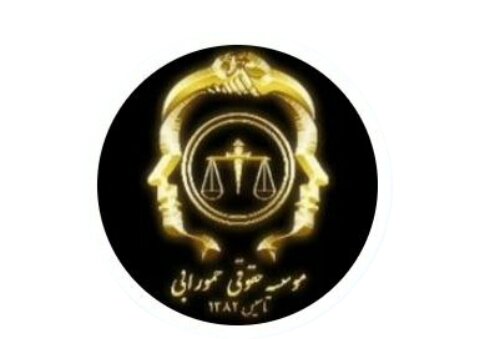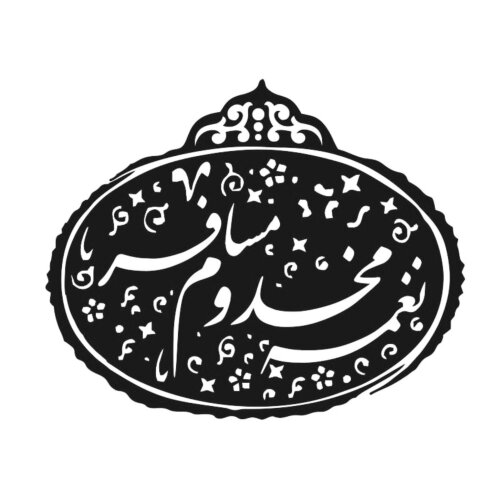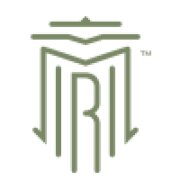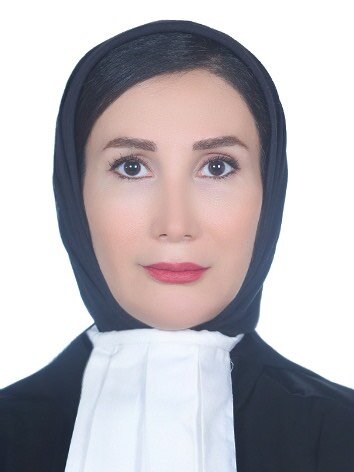Best Mortgage Lawyers in Tehran
Share your needs with us, get contacted by law firms.
Free. Takes 2 min.
Free Guide to Hiring a Real Estate Lawyer
List of the best lawyers in Tehran, Iran
About Mortgage Law in Tehran, Iran
Mortgage law in Tehran, Iran, operates within a framework influenced by both traditional Islamic legal principles and modern civil law systems. The mortgage system, referred to as "Rahn" in Persian, allows property owners to borrow money using their property as collateral. This arrangement requires a clear understanding of legal processes, contractual obligations, and the rights of both borrowers and lenders. In Tehran, the increasing demand for property due to urbanization and economic activities makes mortgages a crucial financial tool, necessitating a solid legal foundation and experienced legal guidance.
Why You May Need a Lawyer
There are several scenarios in which individuals might require the assistance of a lawyer for mortgage-related matters in Tehran. These include drafting and reviewing mortgage agreements, resolving disputes between lenders and borrowers, addressing issues of foreclosure, ensuring compliance with local regulations, and understanding the tax implications of mortgage transactions. A knowledgeable lawyer can help navigate these complexities and protect your interests.
Local Laws Overview
The legal framework governing mortgages in Tehran involves multiple statutes and regulations. Some key aspects include the Civil Code of Iran, which provides the foundation for contractual agreements, including mortgages; regulations concerning interest rates, which must comply with Islamic finance principles prohibiting Riba (usury); and registration requirements, which necessitate the documentation and formal registration of mortgage agreements to ensure their enforceability. Understanding local legal nuances is essential for anyone entering into a mortgage agreement in Tehran.
Frequently Asked Questions
What is a mortgage ('Rahn') in Iran?
A mortgage in Iran is a legal agreement where the borrower uses property as collateral to secure a loan without transferring the property's ownership.
Is interest allowed on mortgage loans in Iran?
Interest, as traditionally understood, is not allowed due to Islamic finance principles. Instead, profit-sharing mechanisms or service fees are used.
What happens if a borrower defaults on a mortgage?
If a borrower defaults, the lender may seek legal recourse to reclaim the owed amount through property seizure or sale, following due process.
How are mortgage disputes resolved in Tehran?
Disputes may be resolved through negotiation, arbitration, or litigation within the appropriate legal channels to ensure fair outcomes.
Are foreign nationals allowed to obtain mortgages in Tehran?
Foreign nationals may face restrictions and should seek legal counsel to understand limitations and requirements for property mortgages in Iran.
What documents are required for a mortgage in Tehran?
Typically required documents include property deeds, identification papers, financial statements, and any previously existing loan records.
Are there specific regulations for Islamic mortgages in Tehran?
Yes, mortgages must align with Islamic Sharia law principles, impacting financing structures and contractual clauses.
Can mortgages be transferred or assigned to another party?
Mortgage transfer is possible but involves legal procedures and compliance with specific conditions outlined in the initial agreement.
What role does the notary public play in mortgage transactions?
Notaries oversee the official registration of mortgage agreements, ensuring compliance with legal formalities and authenticity.
How do local laws impact the foreclosure process?
Local laws dictate the procedures and protections for both lenders and borrowers during foreclosure, emphasizing transparency and fairness.
Additional Resources
Those seeking more information on mortgage law in Tehran can consult resources such as the Iranian Bar Association, the Central Bank of Iran for financial regulations, and local real estate legal consultancies. Additionally, governmental bodies like the Ministry of Roads and Urban Development provide guidelines and data on property-related matters.
Next Steps
If you need legal assistance with mortgages in Tehran, consider reaching out to a qualified legal professional specializing in property or financial law. Prepare all relevant documentation and be ready to discuss the specifics of your situation to get tailored advice. It may also be beneficial to attend a consultation session to understand possible legal strategies and outcomes specific to your case.
Lawzana helps you find the best lawyers and law firms in Tehran through a curated and pre-screened list of qualified legal professionals. Our platform offers rankings and detailed profiles of attorneys and law firms, allowing you to compare based on practice areas, including Mortgage, experience, and client feedback.
Each profile includes a description of the firm's areas of practice, client reviews, team members and partners, year of establishment, spoken languages, office locations, contact information, social media presence, and any published articles or resources. Most firms on our platform speak English and are experienced in both local and international legal matters.
Get a quote from top-rated law firms in Tehran, Iran — quickly, securely, and without unnecessary hassle.
Disclaimer:
The information provided on this page is for general informational purposes only and does not constitute legal advice. While we strive to ensure the accuracy and relevance of the content, legal information may change over time, and interpretations of the law can vary. You should always consult with a qualified legal professional for advice specific to your situation.
We disclaim all liability for actions taken or not taken based on the content of this page. If you believe any information is incorrect or outdated, please contact us, and we will review and update it where appropriate.

















